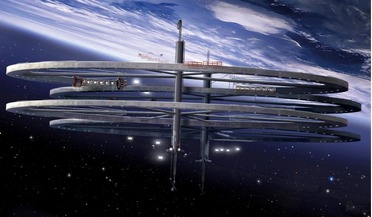 January 2020
A year of consolidation and expansion
January 2020
A year of consolidation and expansion
... Ernst Julius Öpik. He did a lot of pioneering work on the solar system. With names like Cosmos and Supernova for meeting rooms it had Asgardia written all over it. The stage was set for our second...
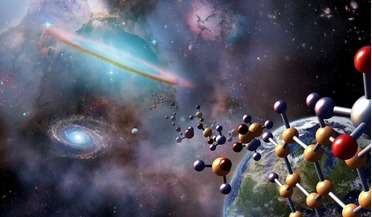 July 2020
Life in the universe – common or not?
July 2020
Life in the universe – common or not?
... the Department of Astronomy, University of Tokyo, Japan. His primary research interests are explosive phenomena (such as supernovae and gamma-ray bursts), galaxy formation and evolution, and cosmology. He conducts theoretical analyses combined with...
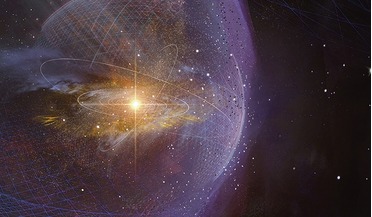 January 2022
Revealing the magnetic universe
January 2022
Revealing the magnetic universe
... that the amplification of this ‘seed’ field, for example via galaxy formation, mergers, accretion flows and supernovae explosions, as well as the feedback associated with all these processes, is required to produce the field we observe today...
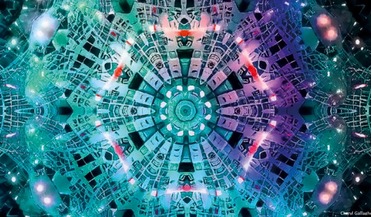 January 2023
Evolving human space culture – reflections on humanity’s cultural potential in space
January 2023
Evolving human space culture – reflections on humanity’s cultural potential in space
...? No, we should not, for two reasons. The first is that the universe is a violent place. Stars engulf planets, supernovas fire lethal rays across space, asteroids hurtle around at hundreds of miles a second. Granted, these phenomena do not...
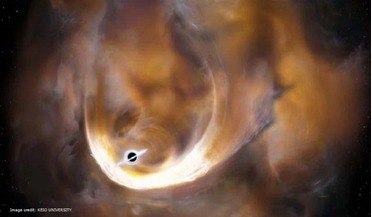 18 January 2016
Does a second black hole lurk near the centre of the Milky Way?
18 January 2016
Does a second black hole lurk near the centre of the Milky Way?
...not find any corresponding compact objects, a wide velocity dispersion caused by a local energy input, such as a supernova explosion, was ruled out. Further analysis of CO-0.40-0.22 using simulations of gas clouds attracted by a strong gravity source...
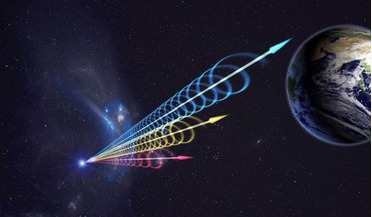 29 February 2016
Missing matter still lost, as Fast Radio Burst not quite what it seems say researchers
29 February 2016
Missing matter still lost, as Fast Radio Burst not quite what it seems say researchers
... radio afterglow, and that its existence and timescale was not in line with originating from a pulsar or supernovae. As the team were able to measure the redshift of the burst along with its dispersion signal, the...